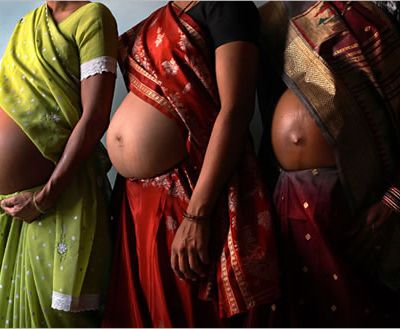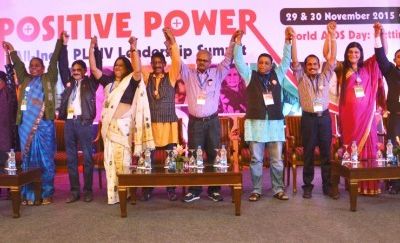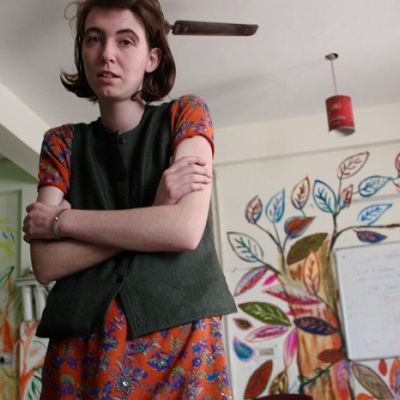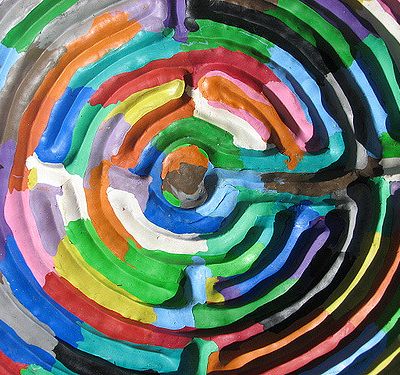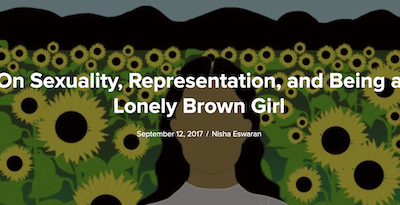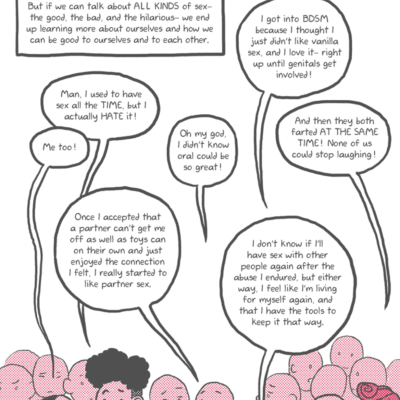India
India has a very liberal abortion law on paper. Compared with global standards, the Indian law that governs abortions, the Medical Termination of Pregnancy Act, allows for abortion for a broad range of indications, making it a very progressive law that has been around for more than four decades. But how many of us really know this?
Mobility is undertaken for varied reasons across contemporary global spaces. One emerging reason for travel and mobility is reproduction. ‘Reproductive…
On the occasion of World AIDS Day 2015, I could not help but ponder on what the day means to…
I have always loved the Internet. Its potential to provide information and connect people has always amazed and enthralled me. Hence, I decided to look at how queer women in India, lesbian and bisexual women in particular, use the Internet to meet other queer women. I looked at three dating sites in particular, PinkSofa, OKCupid and Mingle2, apart from the usual social media sites.
Despite the intervention of many well-meaning aunties and friends over cups of chai, I don’t think I was aware of how truly strange, let’s even say ridiculous, I looked at the time. Because although I was wearing kurtis nearly every day, I didn’t really understand the ‘rules’ of wearing kurtis.
We spoke to four Hindu-Muslim couples from four generations to learn how to keep love afloat in this climate of naked hatred.
From not being allowed to work to having their earnings exploited, many women confront economic abuse, a recognised form of domestic abuse.
My entire life has been a struggle of confused identities. I stood at the intersection of gay, Muslim and economic privilege.
If your one step – addressed to everyone irrespective of caste, class, gender, religion, and sexuality – is a giant leap for marginalised and oppressed people, Stonewall will not be far behind.
By Orinam Apr 13 2020 Post comment To the reader: we recognize that the English-language content below may not be…
Searching for and then finding and connecting with others, dating, and then possibly, romancing them, are activities and experiences that…
I long for much more than a greater representation of brown women. I long for a complete overhaul of the racial, gendered, and economic systems that structure our suffering.
But I also long for representation of all people, including brown women, who are in love, who are loveable, and who are — in the absence of love — lonely.
Dr. Lindsey Doe debunks myths around disability and sexuality, at once carving out space for affirming and inclusive discussions and challenging negative and harmful stereotypes. Emphasising the sexuality of people with disabilities as rich and diverse, Lindsey wonders what inclusive sexual and reproductive health and rights really mean.
Everyday Feminism’s comic illustrates the complexity and diversity of sexuality, revealing how sex can sometimes be pleasure-affirming and sometimes not, and asks us to talk about ALL KINDS of sex – the good, the bad, and the hilarious.
In the spirit of the Games, I watched the Netflix film Rising Phoenix which documents the history of the Paralympics and its impact on the world in making visible the topic of disability. It also tracks the personal and professional journey of some of the top Paralympic athletes who share their challenges, frustrations and motivations.


